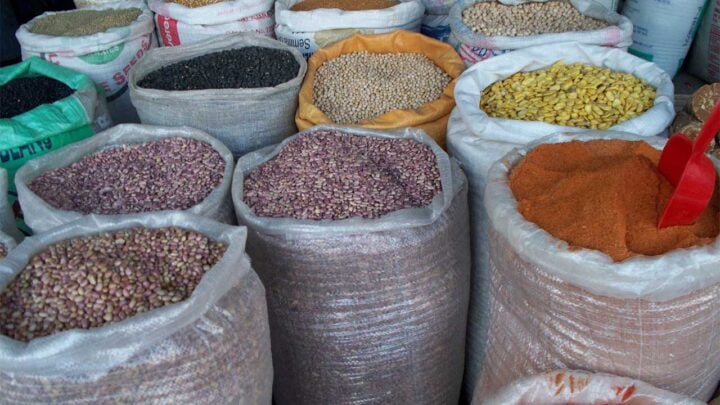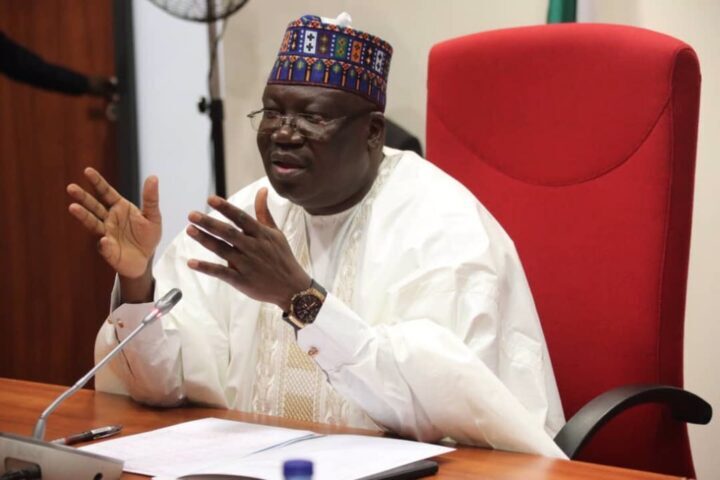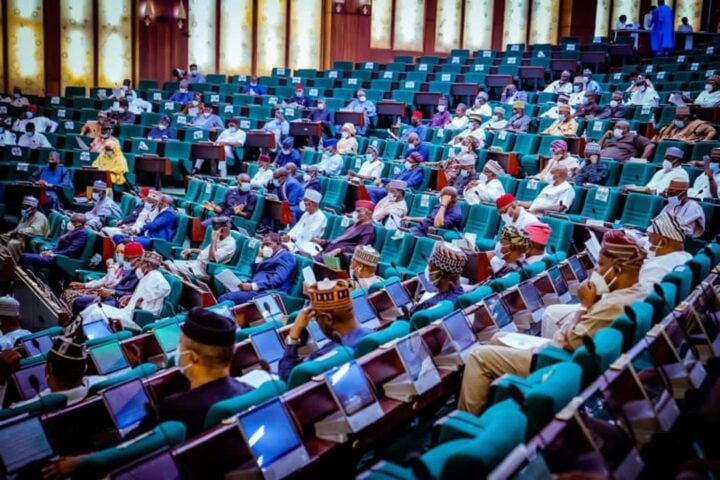Mustapha Shehuri, minister of state for agriculture and rural development, has described the country’s food system as weak and vulnerable to shocks.
Shehuri said this on Monday at the year’s ‘Feed Nigeria Summit’ held in Abuja.
Represented by Karima Babangida, director of federal department of agriculture, Shehuri said the summit will assist the ministry to re-examine the weak link, with a view to strengthening it for an agricultural system that will work for Nigeria and stabilise food security.
He said the ministry is determined to create a functional food system that will guarantee all citizens unrestricted access to good quality, nutritious and safe food.
Advertisement
“This underscores the various programmes and interventions that are ongoing in the ministry in areas of agricultural livelihood and support, food safety, and the provision of infrastructure in different ecological zones of the country,” he said.
He said for a sustainable food system, the country must rise to overcome the challenges of poor quality food supplies, hunger, malnutrition and improper habit of food wastage.
“This is the acceptable consumption behaviour globally to which the average Nigerian, especially in the urban areas, pays little or no attention,” he said.
Advertisement
“If we devote so much to produce, we should pay more attention to avoid waste because of its negative economic and environmental impact.”
Also speaking, Muhammad Nanono, minister of agriculture and rural development, said the country may produce enough food to eat, but people will still sleep with hunger because they did not have enough money to buy the food.
He attributed the problem to unemployment and identified this as a great challenge to the nation.
“I recently met with some young Nigerians who are into processing and synergising agriculture with industry, and that is exactly what we need in this country,” Nanono said.
Advertisement
“Unless we create that relationship and make it strong, poverty will persist.
“If we do not focus on how to remove this fundamental issue of an army of unemployed youths and move them to be gainfully employed, we are doing nothing, the relationship between the agricultural sector and the industrial sector is a must.”
Nanono said the federal government is implementing new strategies to aid the development of the agricultural sector and strengthen the value chain.
He, however, lamented that Nigeria still imported a significant amount of food and was not earning as much foreign exchange as it should from agriculture.
Advertisement
The minister said, for this reason, it has become imperative to re-strategise and deploy innovation to tackle the longstanding issues and lead Nigeria towards food sufficiency.
In June, the United Nations (UN) had said about 4.4 million people are facing food insecurity in the north-eastern region of Nigeria.
Advertisement
Add a comment






